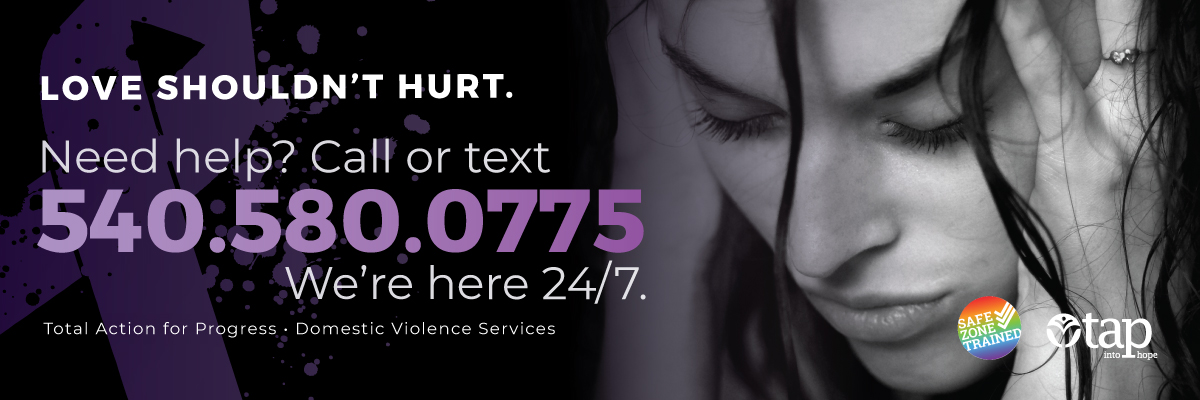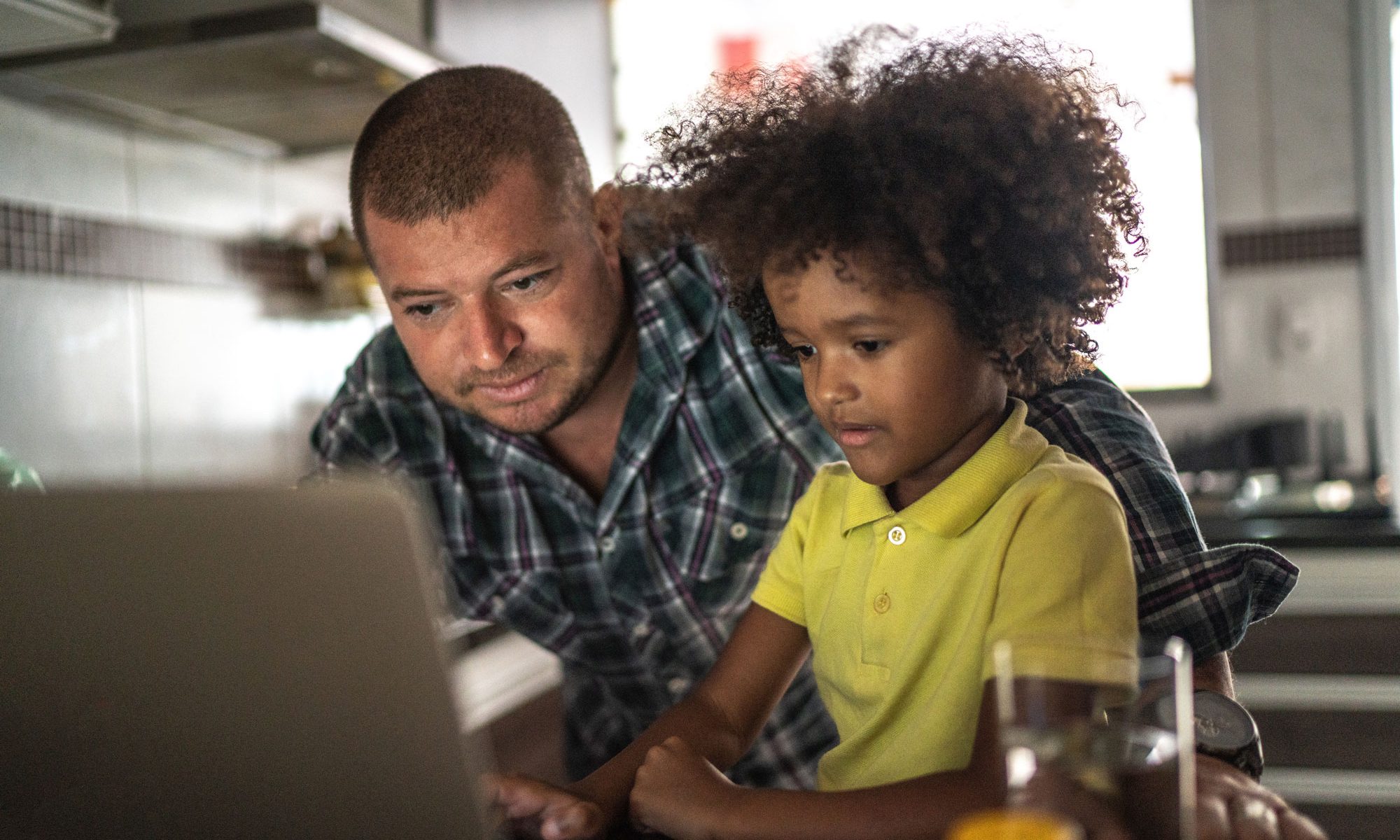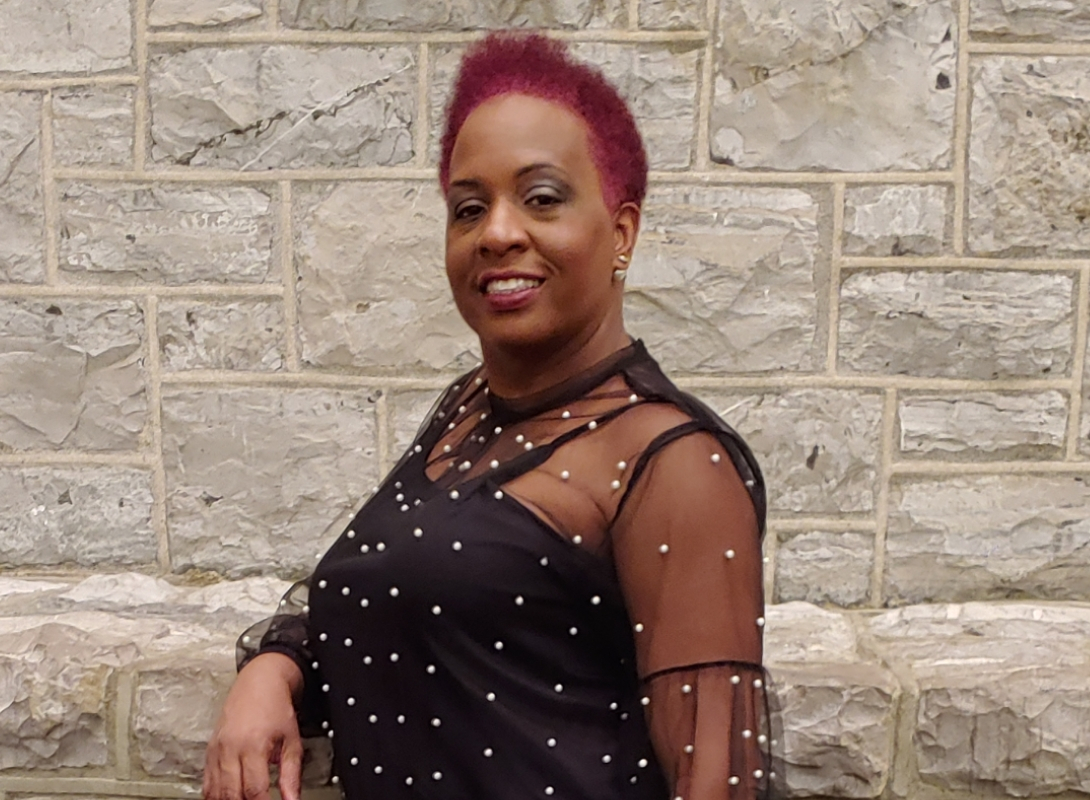Trust and Transformation – One Survivor’s Story
In a pandemic, the safest place is at home—except if you live with an abuser. But even the COVID-19 pandemic hasn’t stopped people who live with domestic violence making the brave choice to leave and ensure bright, violence-free futures for their families. At TAP Domestic Violence Services, our staff use their experience to help survivors relearn how to build trusting relationships. Although the pandemic has presented us with new challenges, we keep showing up at work each day because survivors have already made the choice to change their lives and the trust they show in us is a two-way street.
“I Want Better for My Son”
One survivor, who we will call Elizabeth, describes how her transformation started with the conviction that she needed to make changes for her son: “I was in an abusive relationship. I was pregnant and my mental health was suffering from the abuse. I wanted something better for my unborn child and I knew that if I didn’t make changes I was going to end up dead or in jail, or that my abuser was going to end up dead.”
She says, “I want better for my son. I don’t want him experiencing the trauma I went through having an absent father and a drug-addicted mother.”
How TAP Helped
Elizabeth worked with TAP to make the first leap of faith. She left her home and most of her belongings behind. “TAP DVS has provided me with tools and resources. Without them, I wouldn’t have anything. TAP DVS helped me relocate and furnish an empty apartment, bought diapers and clothes for my son, continues to provide me with bus passes, counseling, a support network, and a safe environment.”
She was just getting used to her new surroundings when the COVID-19 pandemic and the lockdown began.
She still worries about it. “COVID-19 scares me because I have some serious health issues,” she says. “I’m also scared for my son because he was born premature,” she says. Her life during the pandemic also has other gnawing stresses that creep up more slowly. “My mental health has also been affected,” she says. “I miss human interaction.”
Building Trust
Meeting clients face-to-face during the pandemic may have seemed like a risk, but it was important to secure PPE and find places safe enough to meet with clients. The work TAP DVS does is a partnership—not a prescription.
We work with our clients to support their goals, so building a sense of trust is critical to the success of the program—and the long-term success of our clients. Whenever Elizabeth was in public, it felt like strangers posed a danger. Whether on the bus or in her apartment complex, she felt that, “The only people I feel comfortable being around right now are my DVS case worker, my mental health case worker, and my SwiftStart case worker.”
Beyond Crisis Care
Working with the DVS staff also helped reverse some of the damage that came from growing up in a home with substance addiction and living with an abusive partner. Though she left her relationship, she still felt as though she was under her old abuser’s toxic spell. “My abuser would tell me every day I was stupid and that I was going to end up just like my mother—a junkie,” she explains.
Elizabeth says that working with DVS, “helped me change that [toxic] thought process, and helped me realize my abuser was telling me lies.” She says that a big part of that came from the honesty and human connection the program provides. “My DVS case worker was open and honest with her own struggles with alcohol and her recovery from addiction, which has helped me believe in myself to stop using drugs,” Elizabeth says.
The connection with staff started right away. “The first day I showed up at their office I was very hesitant on providing them with any information. They didn’t pressure me, they worked to gain my trust and have been there every step of the way,” Elizabeth says. She points out that, “the people who work at DVS have been in your shoes, and they will help you recover and learn to love yourself again.”
You Are Not Alone
Working with them, she says, can “help you realize you are not alone, and that there are resources out there to help you get out!” Even beyond providing the basic necessities that make an escape from a domestic violence situation possible, she says that working with DVS staff fostered trust, and eventually confidence in herself and her ability to be a great mother to her son. “TAP DVS has helped me feel more confident in myself and helped me love myself again. They helped me be a better mother. I didn’t have strong role models on how to be a parent and because of DVS I was able to take a parenting class.”
Now, Elizabeth is “looking forward to starting the Certified Nursing Assistant program through TAP, to being financially stable.” She is also looking forward to “being in a safe, nontoxic relationship,” when the COVID-19 pandemic has subsided.
Donors Help Make This Possible
The work DVS does relies on survivors making brave choices to leave, to trust, and to change. That’s why the support you can give them doesn’t just help turn one life around—it has huge effects on the next generation, too. As Elizabeth pointed out, the important things that keep you motivated to improve your own life often aren’t just about you. As she said, having come from a traumatic home, “I am looking forward to watching my son grow up in a healthy and stable home.”




